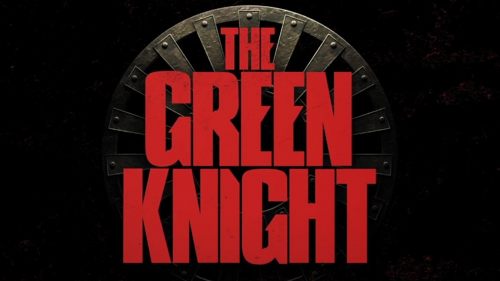Sundance Review: MINARI - Good Luck Not Loving This One
Minari is a straight up, down the middle Sundance drama for the ages, the kind of film that could have been created by an indie entertainment algorithm. It’s A24, so lots of folks will get the chance to see it and talk about it with all their smart friends.
I don’t mean any of that in a bad way because I too found myself susceptible to its remarkable charms. It is impossible to resist. This film has everything: a cute kid with a heart defect, a funny grandmother, a father determined to do something grand against all odds, an immigration context and, why not, Will Patton too. Who the fuck do you think you are if you don’t fall in love with Minari?
The film focuses on a Korean family headed by Stephen Yeung’s Jacob, that moves from their comfortable, stable, dead-end lives in California to create a 50-acre farm in Arkansas. We don’t hear the details of how they came across this land and house but it must have been quite a steal. The last guy who lived there went broke and shot himself.
So the farming will be difficult. And while Jacob deals with it, the film really pays most of its attention to his young son, David, who learns to live in a new land, get over his own fears, and develop a relationship with his newly arrived grandma. David is adorable, mischievous, and outspoken. His grandma is a rascal in her own way. Together they make quite a pair and it’s no wonder they steal the narrative from Jacob’s farming woes and crumbling relationship with Monica, the family’s matriarch who hates the farm.
It’s a pretty ironclad construction, but the film left me wanting more in some ways. I wish I knew more about the farming struggle, to be honest. Particularly Jacob’s hired hand, a kind religious kook played by Will Patton in a role that doesn’t totally work but comes so close. Monica’s side of the farming argument isn’t as convincing as it needs to be due largely to the film’s resistance to details that might help make her case. She seems to be opposed simply to give the film tension.
But none of that really matters because the film is simply a joy to watch, with problems you only really consider after it concludes. Minari allows us to spend time with a group of highly likable people, and I’m thankful I got the chance, if only because it taught me there is a job out there where all you do is look at chicken genitals all day to divide them by gender. This is what cinema is all about.



